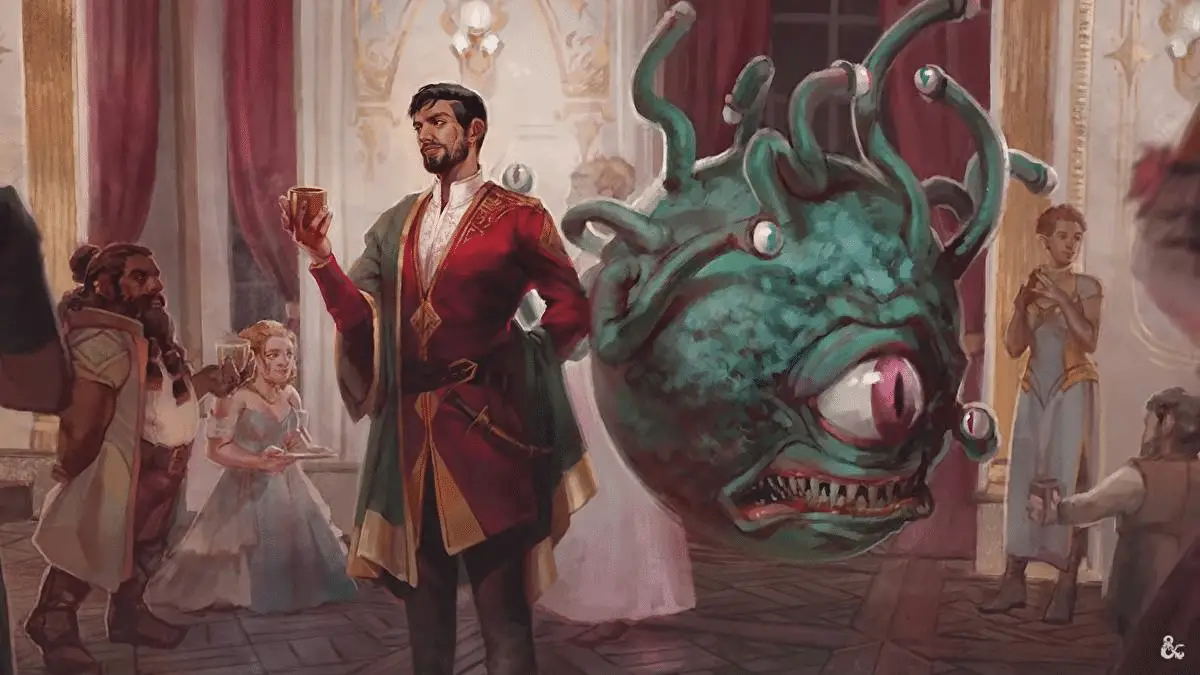How do you use social mechanics in your D&D games? If the scale of "how much do you rely on social mechanics" is from 0 (never roll; just role-play) to 10 (role-play doesn't impact the DC; just roll), where do your preferences sit on that scale? Does it change from campaign to campaign, adventure to adventure, or even between players?
I'm a 9 or 10 on the scale, and it should come as no surprise that I use the rules for resolving interactions found in the
Dungeon Master's Guide.
Player skill is super fun and enjoyable, accounting for most interactions where the adventurers aren't trying to shift a creature's attitude, or aren't asking a creature to take some sort of risk by way of request, demand, or suggestion.
Character skill ultimately moves the dial when resolving interactions where shifting attitude and risk are involved. The conversation plays out quite naturally, but the outcome is determined by dice.
What I like most about the core rules is that goal-driven conversation
isn't a social combat filled with transactional ability contests, which always made conversations with non-player characters feel very choppy to me in previous editions.
Learn to create social encounter statblocks to consolidate your notes and simplify your NPC roleplaying in D&D 5e.

www.flutesloot.com
How do you guys feel about this? Makes more prep, but man it sounds like a fun way to run a social encounter.
Great share! I don't get into this much detail, but I certainly pencil in a few notes about a creature's personality characteristics, attitude (including what might change it for better or worse), and what constitutes risk for the them.
It's difficult to keep those things firmly defined when you have savvy players who missed their calling as career diplomats. LOL




